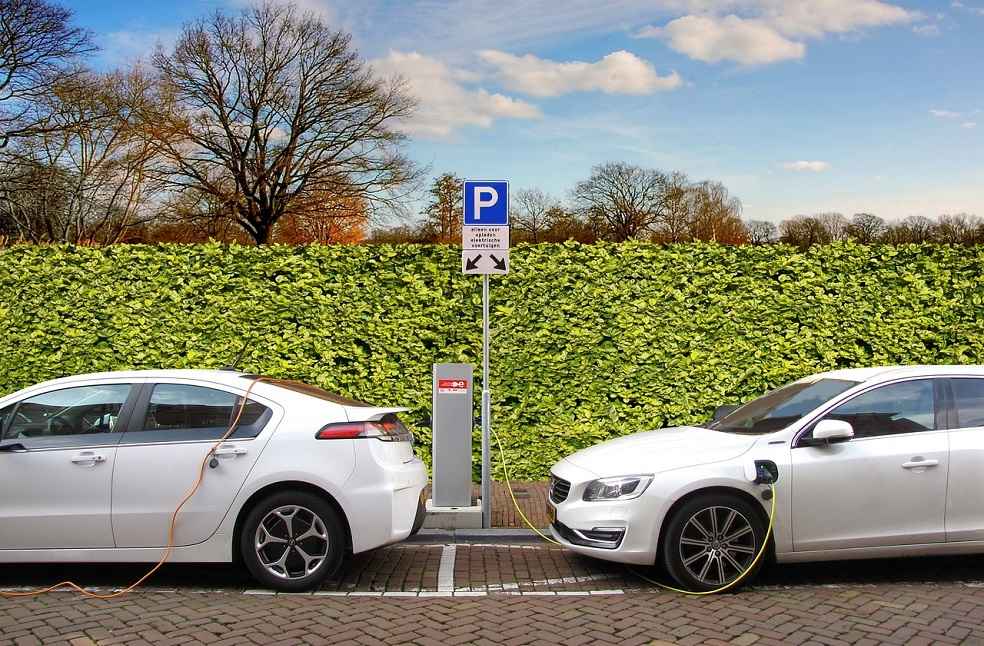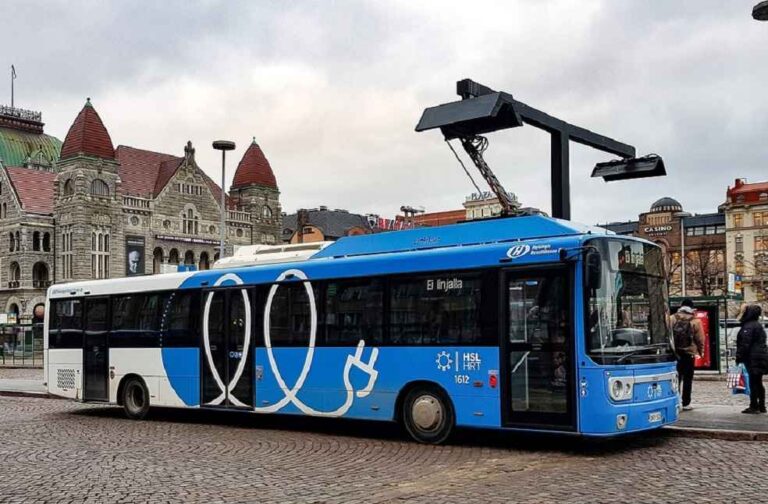As the world continues its swift journey towards a ‘Green Future,’ key industries, such as automotive must reconfigure their strategies and operations. The Advanced Propulsion Centre (APC), a research and development organization based in the UK, is helping to lead this change. By prioritizing sustainability in their strategic roadmap, they are effectively reshaping the narrative for the UK automotive industry in alignment with the global push towards a greener future.
Over the past ten years, this organization has been diligently crafting and refining technology and product roadmaps to ensure the industry is aligned with emerging trends and drivers. These plans have played a crucial role in shaping the research and investment agendas of the automotive sector and associated academic and R&D communities, both in the UK and globally.
In the light of impending regulatory changes, including the UK’s 2030 deadline for the prohibition of new diesel or petrol vehicles sales, the organization is set to revisit and reorient its current roadmaps. This ambitious task is geared towards advancing the automotive supply chain towards low-carbon and zero-emission technologies, key to meeting future legislative requirements.

The unique road mapping process initiated by the organization thrives on collaboration, consensus, and inclusivity. Stakeholders ranging from original equipment manufacturers (OEMs), the automotive supply chain, academia, the R&D community, to policy and government bodies are provided the opportunity to voice their concerns and propose solutions.
The organization encourages the industry to contribute its collective expertise via workshops, surveys, and research throughout the year-long road mapping project. This inclusive approach ensures that the roadmaps are well-rounded and accurately reflect global trends and drivers within the automotive industry.
Moreover, over the past decade, the roadmaps have been expanded to take into account global trends and drivers, such as the rise in electrification. This foresight has allowed the UK industry to recognize the necessity for integrating digital solutions at various stages, ranging from battery manufacturing to on-vehicle software solutions for enhancing efficiency and effectiveness.

Moving forward, the refreshed roadmaps will delve into four crucial areas: transitioning the OEM manufacturing base to zero-emission platforms, building a resilient supply chain at scale and pace, investing in R&D, and targeting net-zero emissions across the entire industry value chain.
The scope of the review will also be broadened to include mobility trends like micro mobility, and various forms of transportation, including commercial vehicles, heavy goods vehicles, buses, coaches, and off-highway vehicles.
Fuel cell systems, lightweight vehicles and powertrains, power electronics, electric machines, electrical energy storage, and thermal propulsion systems. These will be addressed along with other themes like digitalization, energy and infrastructure, life cycle assessment, circular economy, and workforce and skills development.
The industry-wide initiative is fueled by the desire to drive innovation, reduce costs, and ensure the UK’s automotive industry remains competitive on the international stage. But the key to success lies in collaboration. Only by working together can the industry transition smoothly to net-zero emissions, bridging the gap between government, manufacturers, R&D, and academia.

The road mapping initiative does not belong to any particular organization or council; instead, it is a shared vision and strategy for the UK automotive industry. The finished product will be instrumental in guiding strategy and focusing investment in the right place at the right time.
The kick-off session for the refreshed roadmap initiative will take place at a low carbon vehicle event this September, with updates available through the organization’s website. The finalized roadmaps, reflecting collective insights from across the industry, are expected to be ready by September 2024.
In essence, the UK is setting out a strategic vision for the global automotive industry, identifying key technology and supply chain priorities, and highlighting investment opportunities. This collaborative endeavor enables the industry and government to support the development and commercialization of innovative technologies, securing a sustainable future for the automotive industry.
EV WORLD: Thailand’s EV Sector Attracts Major French, German Investments





